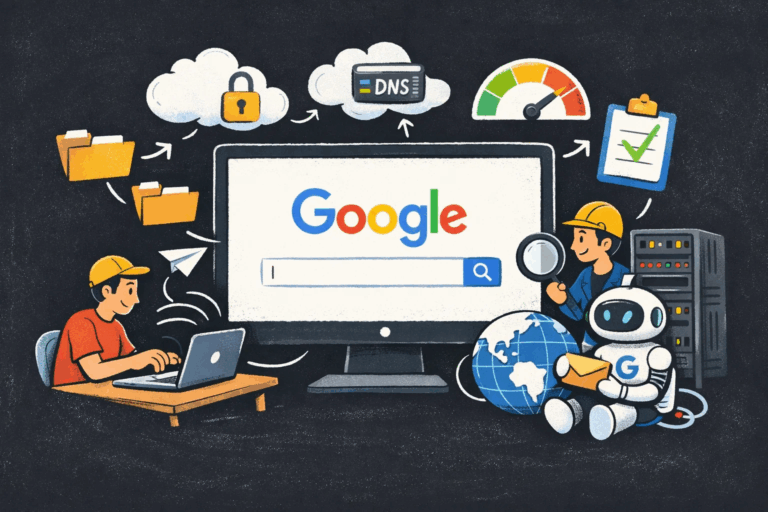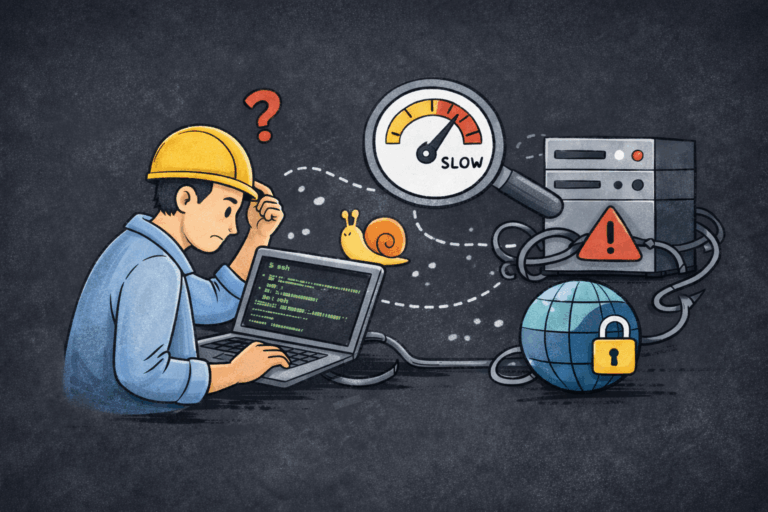An SSL (Secure Sockets Layer) certificate is a digital certificate that authenticates the identity of a website and encrypts information sent to the server using SSL technology. Encryption is the process of scrambling data into an undecipherable format that can only be returned to a readable format with the proper decryption key.
Table of Contents
How to choose a good SSL purchase?
There is a temptation to make choices entirely based on cost, especially if you have lots of sites to cover or a dynamic business environment.
Poor decisions can have big cost implications, and changing direction once we have a consumer-facing solution isn’t ideal.
The following factors should play a part in picking the right issuance operation for you:
- Support of SSL experts – The subtle nuances of SSL and certification can befuddle even the most astute IT people, so having an SSL support team available is critical.
- Refund policy – Entering a business relationship assuming it will go sideways isn’t a particularly positive viewpoint, but knowing that your money will come back if needed is a sensible precaution.
- Warranty policy – Some CAs cover errors in identification, loss of documents or intentional/accidental errors. These warranties might have implications for those companies that self-insure.
- Period of trial – Before anything goes live you’ll want to test it, yes?
- Browser compatibility – With so many computers still running Windows 7 and even older releases, working with older browsers is still a major concern.
- Issuance timeframe – When deadlines are in play, time can be critical should a new certificate suddenly be needed
- Trust level type – The trick is to match the needs of the web location with the level of security and trust needed. If you don’t do financial transactions, then EV level security probably isn’t required. Not all firms offer OV level certificates and some companies try to charge for self-signed, amazingly.
- Trust site seal – Providing a recognizable seal that the public can see is an easy way to let your customers know that a site is secure and that their information is safe.
CAcert free certificate
- Price: Free
- Issuance: Immediately
- Seal: None
- Validation: Domain
- Warranty: None
- Wildcard: No
- Refund: Not applicable
- Recommendation: Use for Testing Only
The only thing going for CAcert is the price. The company doesn’t indicate what the encryption rate is for its certificates, and in fact, the browser used for testing did not accept its site as using a valid CA.
See also: Mastering the Linux Command Line — Your Complete Free Training Guide
Namecheap (Reseller): Comodo Positive SSL
- Price: $10 per year
- Issuance: Less than 15 minutes
- Seal: Yes
- Validation: Domain
- Warranty: $10,000
- Wildcard: No
- Refund: 15 days
- Recommendation: A Cheap Way to Get Comodo
If our company doesn’t do a lot of business through the SSL server, this might be a good option.
Namecheap (Reseller): Comodo Positive SSL Multi-Domain
- Price: $26 per year
- Issuance: Less than 15 minutes
- Seal: Yes
- Validation: Domain
- Warranty: $10,000
- Wildcard: No
- Refund: 15 days
- Recommendation: Good for Multiple Domains on One Certificate
Namecheap (Reseller): Comodo InstantSSL
- Price: $25 per year
- Issuance: Two business days or fewer
- Seal: Yes
- Validation: Domain and company
- Warranty: $50,000
- Wildcard: No
- Refund: 15 days
- Recommendation: Get Your Company Validated Along With the Domain
RapidSSL
- Price: $59.00 per year
- Issuance: Within minutes
- Seal: Yes
- Validation: Domain
- Warranty: $500,000
- Wildcard: No
- Refund: 30 days
- Recommendation: Fine for Low-Volume Sales
RapidSSL offers a single server certificate for a reasonable price. Be aware that RapidSSL also resells GeoTrust certificates for higher-volume sales, but for low-volume sales, this certificate is fine.
Comodo InstantSSL Pro
- Price: $38.88 per year
- Issuance: Two business days
- Seal: Yes
- Validation: Domain and company
- Warranty: $100,000
- Wildcard: No
- Refund: 15 days
- Recommendation: A Cheap Way to Get Comodo Company Validation
If our company wants the Comodo brand, needs company validation, and doesn’t do a lot of business through the SSL server, this might be a good choice.
Comodo SSL
- Price: $99 per year
- Issuance: Within minutes
- Seal: None
- Validation: Domain and company
- Warranty: $500,000
- Wildcard: No
- Refund: 30 days
- Recommendation: Get the Comodo Brand Without Using a Reseller
Comodo offers a cheaper option with a decent warranty and both domain and company verification.
This certificate is great for a small e-commerce business or a site that sells just one or two services. The warranty is not the best in the industry, but it’s great for the price.
Comodo PremiumSSL
- Price: $75 per year
- Issuance: Two to five business days
- Seal: Yes
- Validation: Domain and company
- Warranty: $250,000
- Wildcard: No
- Refund: 15 days
- Recommendation: A Cheap Way to Get Comodo PremiumSSL
Thawte SSL Web Server
- Price: $238 per year
- Issuance: Unknown
- Seal: Yes
- Validation: Domain and company
- Warranty: $1,250,000
- Wildcard: No
- Refund: 30 days
- Recommendation: Very Good Warranty
If our company needs a strong warranty, this is the best available for the price.
What to know before choosing the best SSL certificate Provider to work with?
- #1. Easy returns & refunds: Suppose we sign up for new software, we would like to test the waters before you take the plunge, right? The same is the case with buying SSL certs. Good SSL resellers offer a 30 days return policy if we aren’t completely satisfied with the product. Don’t like the product. don’t pay for it! Simple.
- #2. Run the browser compatibility test: The cert that we buy should be compatible with the browsers that our system runs on. So keep up our vigilance on this one!
- #3. Checkout the Issuance time frame period: Suppose we need to re-issue the certificate, how long will the supplier take to comply? Do our research on that before hitting the buy button.



